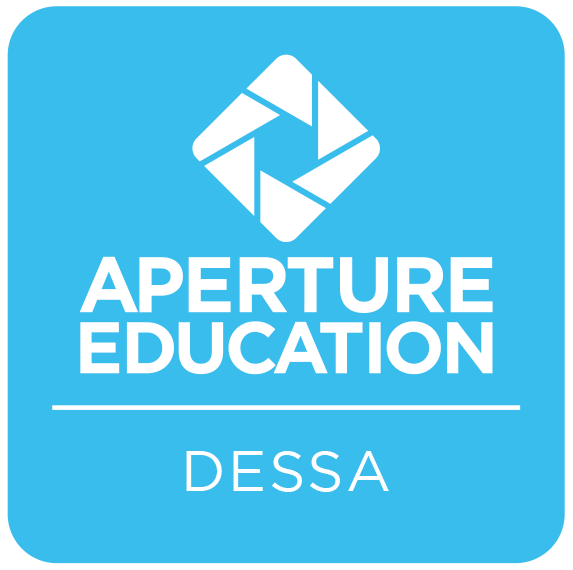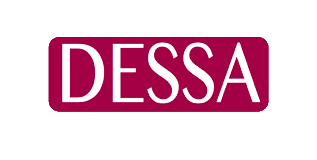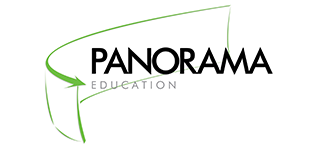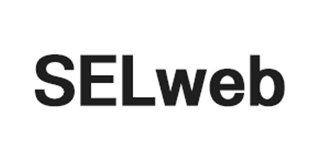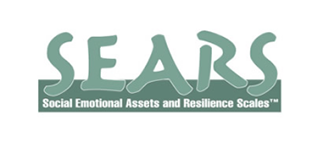Second Step® Assessment
How to choose the right assessment tools, based on your goals and priorities.
New! DESSA Second Step® Assessments
In collaboration with Aperture Education, the leading provider of social-emotional skills assessment and intervention solutions, we’re proud to share DESSA-based assessments that are fully aligned with Second Step® Elementary and Second Step® Middle School.
These assessments allow educators to assess students’ social-emotional competencies, optimize instruction, and focus student support, which can enhance the overall effectiveness of their Second Step® social-emotional learning (SEL) curricula.
Interested in learning more? Schedule a consultation with one of our experts to find out how you can benefit from these new assessment tools.
Aperture Assessment Products
Elementary Teacher Assessment
- Testing time: 3 to 5 minutes per student
- Testing window: 4 to 6 weeks after the start of the school year
- Teacher-led: Gather reliable teacher insights into student skills and behaviors
- Instant results: Immediately access filterable dashboard reporting for students, classrooms, and cohorts
- Data-driven next steps: Access data-driven recommendations for supplemental instructional supports and interventions
- Aligned to the digital and kit-based versions of Second Step® Elementary
Middle School Teacher Assessment
- Testing time: 3 to 5 minutes per student
- Testing window: 4 to 6 weeks after the start of the school year
- Teacher-led: Gather reliable teacher insights into student skills and behaviors
- Instant results: Immediately access filterable dashboard reporting for students, classrooms, and cohorts
- Data-driven next steps: Access data-driven recommendations for supplemental instructional supports and interventions
Middle School Student Self-Assessment
- Testing time: 5 minutes or less per student
- Testing window: First week of the school year or later
- Results are shared immediately with student, improving student buy-in
- Students may create goals to improve their social-emotional skills
Where to Start
As with measuring academic competencies, there are many possible metrics and tools to measure social-emotional competencies and the overall impact of your SEL implementation.1 Finding the right strategy depends on your goals. To plan thoughtfully, start by asking a few guiding questions.
- Is assessment a requirement?
- What specific information are you hoping to learn?
- How much time and money do you plan to allocate to the process?
Assessment Options by Goal and Tool
There are different kinds of assessments that fit different goals.
Needs Assessment
What are your school’s SEL needs, including students’ SEL strengths and areas for growth?
Implementation Fidelity
How effectively is the program being used? Where can improvements be made?
Included in Second Step® programs for PreK–Grade 8
Formative Assessment
How are students progressing toward SEL goals? What areas or topics need further instruction?
Included in the Second Step® Elementary and Second Step® Middle School digital programs
Summative Assessment
Best for Program Evaluation
What knowledge have students acquired about social-emotional skills and concepts taught in the program? Is the program having the intended impact on the school and students?
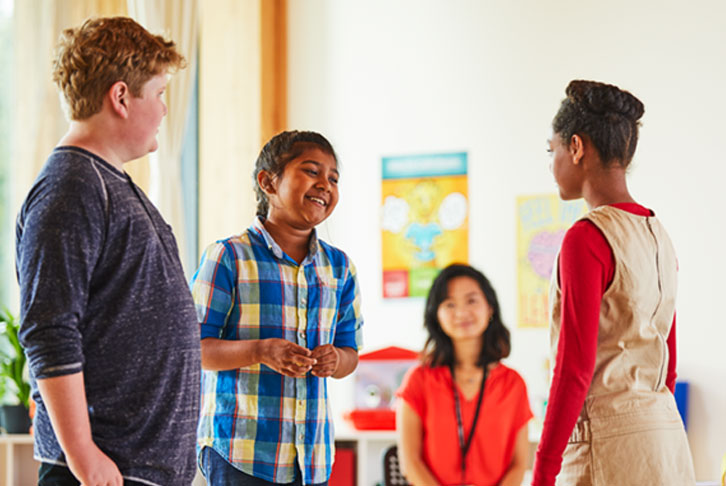
In the Second Step Elementary and Second Step Middle School digital programs, each unit ends with a performance task. These formative assessments are fun, engaging activities that allow students to demonstrate their learning from that unit and give educators an opportunity to monitor progress toward SEL goals.
However, if your goal is to assess students’ social-emotional competencies, consider the assessments below. These all can be used for needs, formative, and summative assessments. As you review these options, remember that SEL competency assessments are a snapshot of one point in time in a lifelong journey.
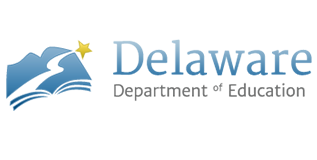
The Delaware Social-Emotional Competency Scale (DSECS-S) is designed to assess competency in social and emotional skills such as responsible decision-making, relationship skills, self-management, and social awareness. In the 16-item assessment, students in grades 3-12 self-report their responses, yielding data which reflects students’ perception of their own social-emotional abilities. The free digital assessment with automatic scoring is available in English and Spanish.
- Grades: 3–12
- Rating Type: Student self-report
- Number of Questions: 16 items
- Content Covered: Responsible decision-making, relationship skills, self-management, social awareness
- Cost: Free digital version with automatic scoring
- Translations: Spanish
The Devereux Student Strengths Assessment (DESSA) is a comprehensive tool designed to evaluate and promote social and emotional competence in K-8th grade students. Developed by the Devereux Center for Resilient Children, the DESSA is used to assess children’s social-emotional skills such as self-awareness, personal responsibility, optimistic thinking, decision-making, and more.
- Grades: K–8
- Rating Type: Teacher-report (K–8); Student self-report (6–8)
- Number of Questions: 72 items
- Content Covered: Self-awareness, social awareness, self-management, goal-directed behavior, relationship skills, personal responsibility, decision-making, optimistic thinking
- Cost: Fee for administration and scoring
- Translations: Spanish
Panorama Education’s SEL measurement platform aligns well with the Second Step family of programs. Customizable reports make it easy to analyze data by subgroups—such as race or ethnicity, gender, and Title I status—at the individual, class, grade, school, and district levels. Teacher surveys can be used for PreK–Grade 8. Student self-reports are available for Grades 3–8.
- Grades: 3–12
- Rating Type: Student self-report
- Number of Questions: 2 items (Grades 3–5); 61 items (Grades 6–12)
- Content Covered: Recommended scales: grit, growth mindset, self-management, social awareness, self-efficacy; Supplemental scales: learning strategies, social perspective taking, self-efficacy, emotion regulation, classroom effort
- Cost: Fee for digital administration and scoring
- Translations: Arabic, Bengali, Cantonese (traditional Chinese), Mandarin (simplified Chinese), French, Haitian Creole, Korean, Portuguese, Russian, Spanish, Urdu, Vietnamese
Developed by xSEL Labs, SELweb is a web-based system designed to assess key social-emotional skills that are associated with success in school and life and that are the targets of evidence-based social-emotional learning programs. SELweb directly assesses children’s understanding of others’ emotions and perspectives, their social problem-solving skills, and their self-control.
- Grades: K–12
- Rating Type: Direct assessment (K–8); Student self-report (6–12)
- Number of Questions: Consult developer
- Content covered: K–8: emotion recognition, social perspective-taking, social problem-solving, self-control; Grades 6–12: self-awareness, self-management, social awareness, relationship skills, responsible decision-making
- Cost: Fee for administration and scoring
- Translations: Spanish
The Social-Emotional Assets and Resilience Scales (SEARS) comprise a comprehensive assessment tool designed to evaluate social and emotional competence in children and adolescents (K-12). Developed to provide educators, mental health professionals, and parents with a detailed understanding of a young person’s emotional strengths and areas for development, SEARS focuses on key dimensions such as self-awareness, self-management, social awareness, relationship skills, and responsible decision-making.
- Grades: K–12
- Rating Type: Teacher-report (K–12); Student self-report (3–12)
- Number of Questions: 12 items (teacher-report short form); 35 items (student report)
- Content Covered: Teacher-report: resilience; Student-report: self-regulation, social competence, empathy, responsibility
- Cost: Fee for administration and scoring
- Translations: N/A
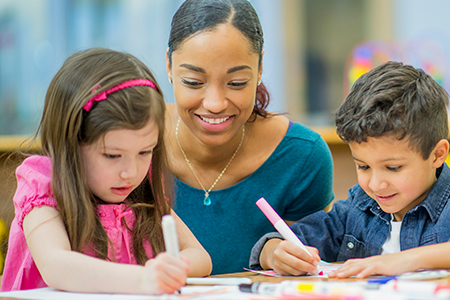
Addressing Common Challenges with SEL Assessment
Findings from a 2011 broadly publicized study of universal SEL programs found that SEL works best when it’s part of a larger, coordinated effort to create a positive learning environment.2 Regardless of how rigorous your chosen assessment strategy is, it can be tricky to isolate and assess the factors contributing to or detracting from student success. We know from years of working with top-performing schools and from numerous studies that there are some key features to successful SEL implementation, including: whole-school adoption, well-trained staff, sequenced lessons that explicitly teach skills in age-appropriate ways, varied instructional strategies to engage diverse learning styles, and a focus on culturally relevant SEL, with tiered levels of intervention and support.
Learn more on our blog about common assessment challenges and practical tips for creating a positive impact.
Explore More Resources
Second Step® Assessment Guides
The guides below provide more detailed information about the different ways evaluations can be designed, how to match evaluation strategies to program goals, how to implement Second Step programs with fidelity, and how to use findings to improve outcomes.
SEL Assessments Aligned to Second Step® Programs
To learn how the skills taught in Second Step programs link to assessments and strategies in other programs, use the alignment charts below.
1 Schools and districts are investing significantly in SEL programs because research shows that social-emotional competencies, such as critical thinking and problem-solving, contribute to academic and career success. The Collaborative for Academic, Social, and Emotional Learning (CASEL) led a multidisciplinary work group to better understand best practices for choosing and implementing SEL assessments. To learn more, visit: https://measuringsel.casel.org/
2 Durlak, J. A., Weissberg, R. P., Dymnicki, A. B., Taylor, R. D., & Schellinger, K. (2011). The impact of enhancing students’ social and emotional learning: A meta-analysis of school-based universal interventions. Child Development, 82(1), 405–432. https://doi.org/10.1111/j.1467-8624.2010.01564.x
